

Unveiling the key contrasts between THC vs THCA, this informative blog post delves into the unique properties of these cannabinoids and their impact on your overall experience.
THC vs THCA: Unlocking the Enigmatic Contrasts That Shape Your Experience
In the realm of cannabis, two compounds stand at the forefront of attention: THC (tetrahydrocannabinol) and THCA (tetrahydrocannabinolic acid). While they share a similar foundation, their properties and effects diverge, playing pivotal roles in shaping your experience. Join us on an unprecedented journey as we unravel the mysteries surrounding THC vs THCA, revealing their unique characteristics and impact on your overall encounter.
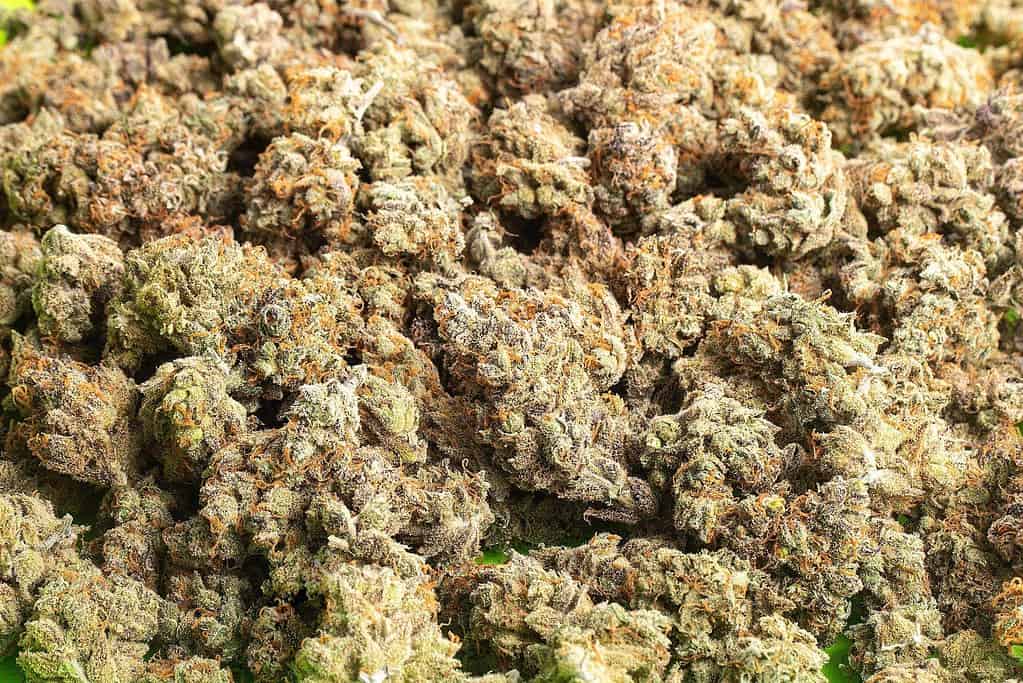
THC: The Euphoric Maestro
THC, often hailed as the superstar of cannabis, holds the key to the plant’s euphoric and intoxicating effects. When heated or aged, THCA undergoes a process called decarboxylation, converting into THC and unlocking its mind-altering potential. As THC binds to the cannabinoid receptors in our bodies, a symphony of physical and mental effects ensues. The relaxation and euphoria it induces provide a pathway to stress relief, mood enhancement, and heightened sensory experiences. Beyond recreational use, THC showcases its therapeutic prowess, offering potential benefits for pain management, appetite stimulation, and sleep regulation.
THCA: The Hidden Potential
While THC takes the spotlight, THCA often remains in the shadows, holding untapped therapeutic potential. Found abundantly in raw cannabis flowers, THCA offers unique properties distinct from its decarboxylated counterpart. Research suggests that THCA exhibits anti-inflammatory, neuroprotective, and antiemetic qualities. Some individuals prefer consuming raw THCA-rich hemp cannabis flowers to explore its potential medicinal benefits without the associated intense effects. This alternative approach opens doors to a world where cannabinoids can be harnessed for their therapeutic value, even before decarboxylation occurs.

Divergent Effects, Diverse Applications
The effects of THC and THCA diverge due to their distinct interactions with the endocannabinoid system. THC, with its psychoactive nature, caters to recreational enthusiasts seeking an elevated experience. It provides relief for conditions like chronic pain, nausea, and insomnia, captivating users with its ability to induce a sense of euphoria. On the other hand, THCA holds promise in the realm of potential therapeutic applications. Its anti-inflammatory properties may aid in managing conditions such as arthritis, while its potential antiemetic effects offer hope for those battling nausea and vomiting. Both compounds present unique experiences, offering a spectrum of effects that cater to diverse needs and preferences.

Decoding the Method of Consumption
The method of consumption plays a crucial role in the conversion of THCA into THC and, consequently, the effects experienced. Heating cannabis through methods such as smoking, vaping, or cooking accelerates the decarboxylation process, transforming THCA into its psychoactive form, THC. On the other hand, consuming raw cannabis or products high in THCA without decarboxylation provides a less intense experience, allowing users to explore the potential benefits of THCA in its raw state. Understanding these nuances empowers individuals to select the most suitable consumption method, based on desired effects and the potential benefits of each compound.

Choosing Your Strains Wisely
When navigating the vast array of cannabis strains, it becomes essential to consider the THC and THCA content. Strains with higher THC levels are often favored by recreational users seeking a potent high. They deliver a robust and euphoric experience, elevating the senses to new heights. Conversely, strains with higher THCA content may appeal to individuals seeking potential therapeutic benefits without the intense effects of THC. By researching strain profiles and consulting knowledgeable budtenders, you can identify strains that align with your specific needs, ensuring a tailored and satisfying cannabis journey.

Embark on the Uncharted Frontier
Understanding the distinctions between THC and THCA allows us to embark on an uncharted frontier of cannabis exploration. It empowers us to make informed choices, tailoring our experiences to our desired outcomes, whether it’s seeking a recreational high or unlocking the potential therapeutic benefits of cannabis. By delving into the unique properties and effects of THC vs THCA, we open ourselves to a world of possibilities, expanding our knowledge and enhancing our enjoyment of the plant.

As the cannabis landscape continues to evolve, so does our understanding of its intricacies. By embracing the contrasts between THC and THCA, we navigate beyond the surface-level understanding, diving deep into the chemical makeup and potential applications of these compounds. Through research, experimentation, and dialogue, we contribute to the collective knowledge, pushing the boundaries of what is known and discovering new insights along the way.
So, whether you’re a seasoned cannabis enthusiast or just beginning to explore its wonders, let us embark together on this journey of discovery. Let us unravel the enigmatic mysteries of THC vs THCA and uncover the unique possibilities they hold. By expanding our understanding, we empower ourselves to make choices that align with our individual preferences, needs, and desired outcomes.

Conclusion:
The world of THC and THCA awaits, ready to unveil its secrets. It’s time to embrace the contrasts, delve into the nuances, and shape our cannabis journey like never before. Join us as we unlock the potential, challenge the norms, and chart a course towards a deeper appreciation of the cannabis plant and all it has to offer.
Are you ready? Let’s embark on this unparalleled adventure and uncover the hidden treasures of THC vs THCA together. The cannabis frontier beckons, and the possibilities are endless.
Alan Rachmann
Leave a Comment
About El Jay's
We take pride in offering organically-grown THCa flower that is lab-tested to ensure the highest quality and purity. Our dedication to using sustainable and natural growing practices ensures that our flower is free of harmful pesticides and chemicals. Click here to view all our product offerings.
Recent Posts
Shop Now
-
- Sale!
Wholesale THCa Hemp Live Resin Badder – Choose Your Strains
- $950.00 – $3,250.00Price range: $950.00 through $3,250.00
- Rated 5.00 out of 5
- Select options This product has multiple variants. The options may be chosen on the product page
-
El Jay’s THCa Hemp Diamonds
- $25.99 – $67.99Price range: $25.99 through $67.99
- Rated 4.80 out of 5
- Select options This product has multiple variants. The options may be chosen on the product page
Contact Us
Sign up for our Newsletter
By submitting this form, you agree to receive emails from us.

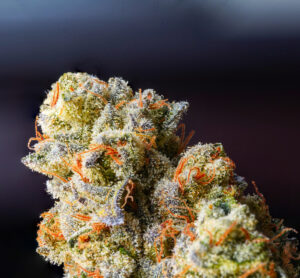
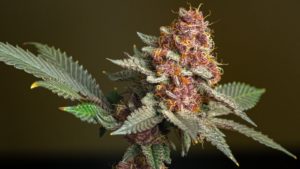
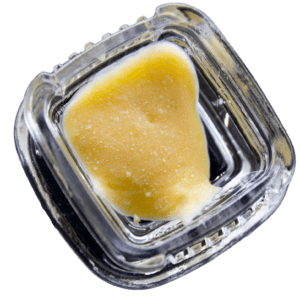
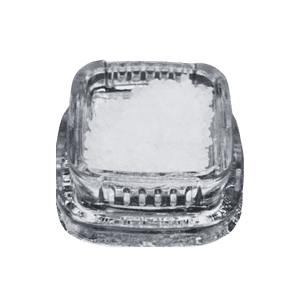

This Post Has 2 Comments
Seems like a lot of top-shelf advice from someone who knows their sh-t, Alan. Nice going.
Thank you for the kind words, Wade!